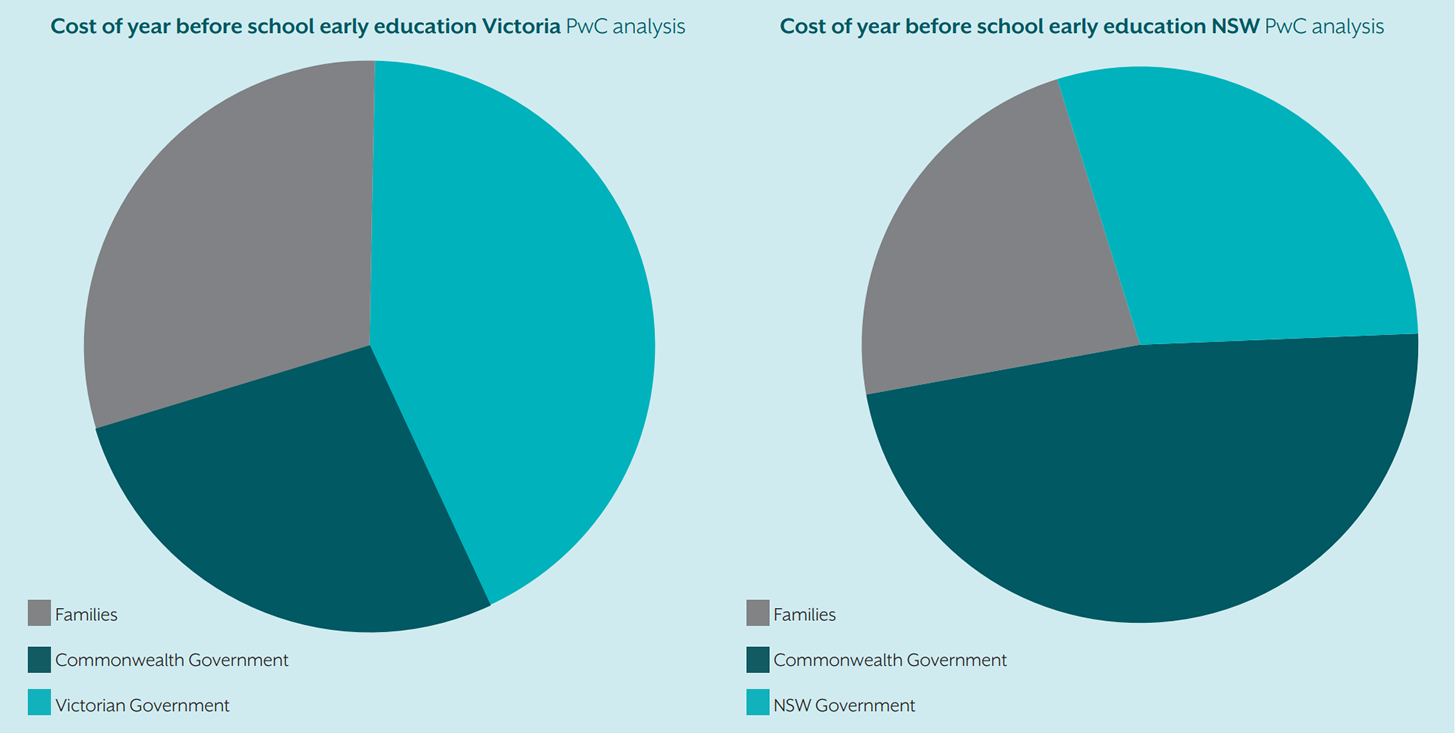There are decades of research saying that early education is a good thing and that sensible governments should invest in it. Unfortunately, as we know, governments don’t always do what is factually wise.
A cynic would say that facts never seem to change outcomes, but luckily The Front Project is not an organisation of cynics. The Front Project describes itself as “an independent national enterprise working to improve quality and create positive change in Australia’s early childhood education system”. Essentially, they are attempting to get business and community leaders to champion the benefits of an improved high quality early education system in Australia.
One of the ways the Front Project is doing this is by commissioning research to prove the economic benefits of early education and care. Their first report was released earlier this year. And it had good news.
For every dollar invested in early childhood education, Australia receives $2 back over a child’s life.
Surely, even Scott Morrison would have to say ‘How good is that?’ when faced with this figure?
The research, completed by PWC, considered the benefits of early childhood education for children, their parents or carers, governments and employers against the costs of providing it.
For every dollar invested in early childhood education programs, we receive two dollars back:
• $997M to children themselves, through a lifetime of increased earnings
• $1463M to families, due to increased earnings gained by returning to the workforce earlier and boosting hours in the year their child attends early childhood education as well as the impact of a shorter career gap
• $1507M to government, over the lifetime of the child, from increased tax revenue and decreased expenditure on health, justice and welfare, and
• $319M to business and the economy, from the productivity boost of a more educated workforce.
The costs that the research considered against the benefits were the costs of children accessing 15 hours per week early education in the year before school – Child Care Subsidy, Universal Access funding, the direct funding provided by state and territory governments and the cost of their role as regulators and parents fees.
The report found it cost $2.34 billion to provide 15 hours early education against $4.74 billion in benefits.
One of the most interesting parts of the research for us in NSW was the findings that in NSW the proportion of the costs of 15 hours early education in the year before school paid by the NSW Government was 23% compared to the Commonwealth’s 48%.
This compared to say Victoria where the Victorian State Government paid for 43% and the Commonwealth paid for 30%.
In other words, NSW is much more reliant on Commonwealth funding than Victoria is – because our state contributes the least towards the cost of early education. (Interesting, but hardly news, eh?)
The report found that the largest driver of the economic benefits for early education is the impact early education has on children’s cognitive abilities. Early childhood teachers make children and the adults they become smarter!
The report can be downloaded from the Front Project’s website at www.thefrontproject.org.au








































































































































